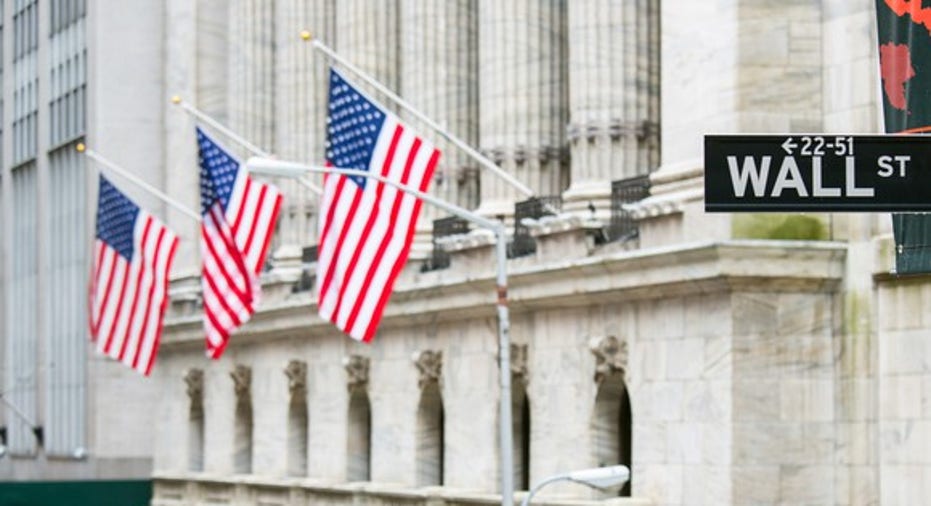Dow Edges Higher as Energy Shares Rally

Declines in shares of financial companies pressured major U.S. stock indexes Monday, even as a surge in oil prices sent energy shares soaring.
Before Monday, the financial sector of the S&P 500 had closed lower in only three sessions since the Nov. 8 election, rising more than 17% compared with the S&P 500's 5.4% gain as investors bet on scaled-back regulation and higher interest rates under President-elect Donald Trump.
But financials paused their rally Monday, falling 0.9% after a five-session winning streak. The losses weighed on the S&P 500, which fell 0.1%.
The Dow Jones Industrial Average continued to push higher, climbing 40 points, or 0.2%, to 19796. The Nasdaq Composite lost 0.6%, dragged down by declines in pharmaceutical companies. The Nasdaq Biotechnology Index fell 0.7%.
Energy shares rallied after a group of oil producers agreed to scale back their output along with the Organization of the Petroleum Exporting Countries to try to reduce a global oversupply of crude. U.S. crude for January delivery jumped 2.6% to $52.83 a barrel and the S&P 500's energy sector rose 0.7%.
Exxon Mobil gained 2.2%, Marathon Oil rose 1.3% and ConocoPhillips rose 1.2%.
Rising oil prices contributed to a selloff in government bonds, with the yield on the 10-year U.S. Treasury note rising to 2.478% from 2.462% Friday. Yields rise as prices fall.
The recent rally in oil prices has contributed to expectations of rising inflation, lessening the appeal of bonds since inflation erodes their returns over time. Bets on stronger U.S. growth and higher inflation since the U.S. election have also interrupted the multidecade rally in government bonds, while driving U.S. stocks to record highs.
Investors widely expect the Federal Reserve to raise benchmark interest rates later this week. Many believe the central bank will remain on a gradual tightening path as it waits for more clarity on the course of fiscal policy under the new government.
"I think it's possible we're going into a new phase of the bull market, marked by higher interest rates and maybe a strong dollar," said Rick Anderson, chief investment officer of Hull Investments.
The Stoxx Europe 600 fell 0.5% following five sessions of gains. Italy's FTSE MIB index rose 0.4% after Italian President Sergio Mattarella asked departing Foreign Minister Paolo Gentiloni to form a new government. Prime Minister Matteo Renzi resigned last week after a defeat in a Dec. 4 referendum on constitutional overhauls.
In Asia, the Shanghai Composite Index shed 2.5% in its worst day since June. Analysts said shares were dragged down by a crackdown on stock purchases by insurance companies and comments from Mr. Trump suggesting there might be a change in the U.S.'s acceptance of the "one China" principle.
Japan's Nikkei Stock Average rose 0.8%, gaining for a fifth straight session. Shares were lifted by a weaker yen, which makes the country's exports more competitive.



















